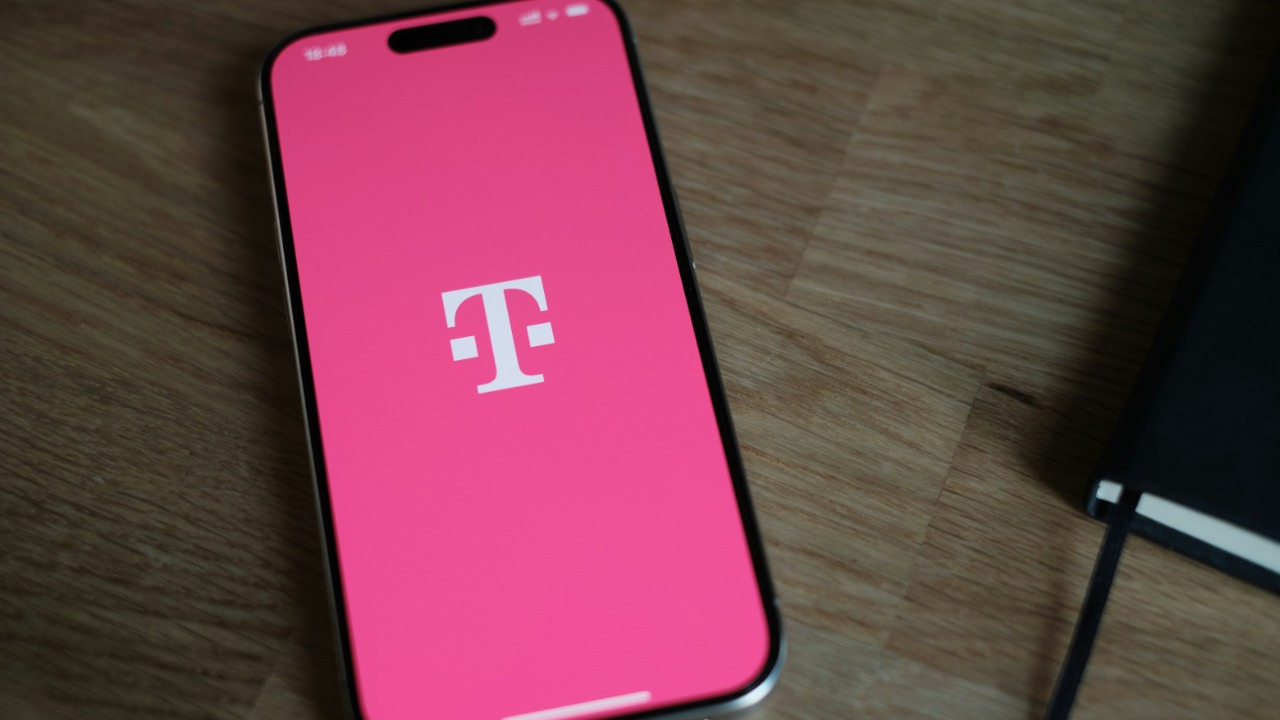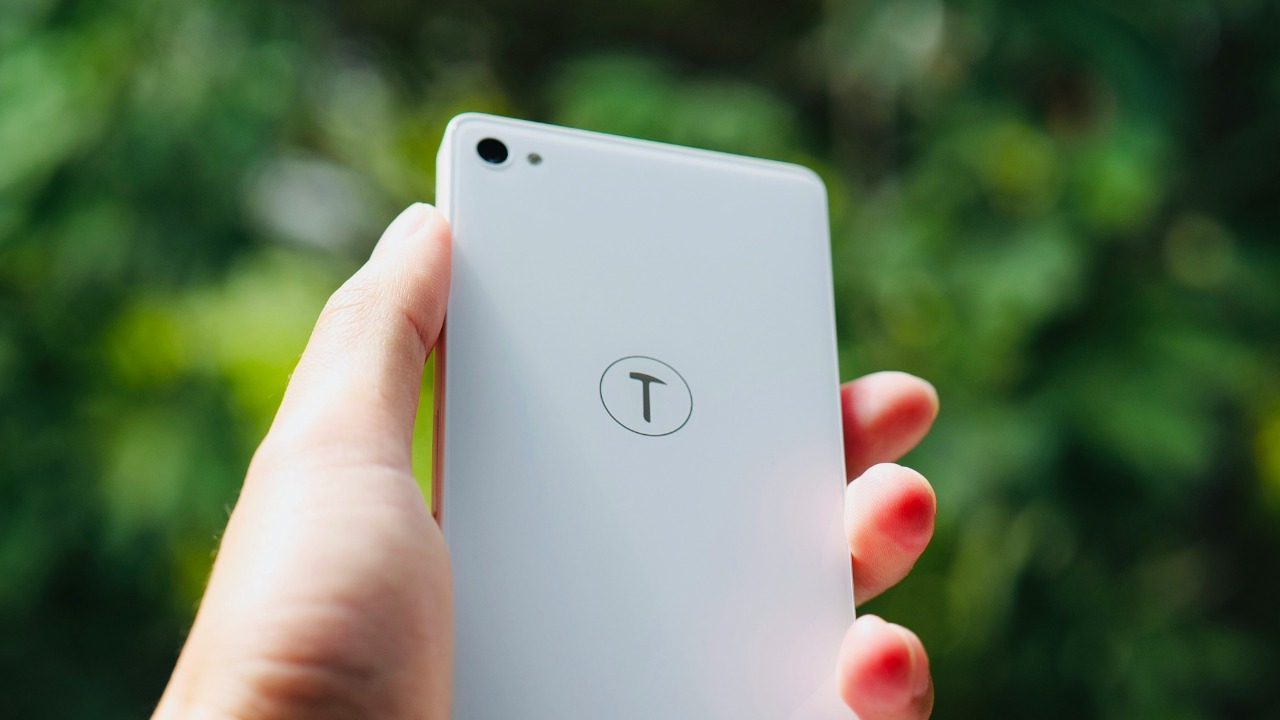
In a recent move, T-Mobile’s CEO sent a strong message to Apple following the launch of the new iPhone, signaling potential shifts in the telecommunications landscape. This development coincides with a significant policy change at T-Mobile under new leadership, which is expected to impact customers harshly. These changes could reshape the dynamics between major telecom players and their customers.
T-Mobile’s Message to Apple

T-Mobile’s CEO has made headlines by sending a direct message to Apple in response to the latest iPhone launch. This communication underscores the evolving relationship between the two giants in the tech and telecom industries. The message, while not publicly detailed, suggests a strategic positioning by T-Mobile as it navigates its role in the competitive smartphone market. Analysts speculate that this could influence future collaborations or negotiations between T-Mobile and Apple, potentially affecting how iPhones are marketed and sold through T-Mobile’s channels. For more details, see the full report on TheStreet.
Historically, T-Mobile has maintained a robust partnership with Apple, often being one of the first carriers to offer new iPhone models to its customers. This longstanding relationship has been mutually beneficial, driving significant sales and customer engagement for both companies. However, the recent message from T-Mobile’s CEO could indicate a shift in strategy, possibly aiming for more favorable terms or exploring new avenues for collaboration. The implications of this message could reverberate across the industry, influencing how other carriers interact with Apple.
Additionally, the timing of T-Mobile’s message coincides with a period of intense competition among telecom providers, each vying for a larger share of the lucrative smartphone market. As Apple continues to dominate with its iPhone lineup, T-Mobile’s strategic communication could be seen as an effort to assert its influence and negotiate better terms for its customers and business operations. This move might also be a preemptive strategy to align itself with Apple’s future technological advancements, ensuring that T-Mobile remains a preferred partner in delivering cutting-edge mobile experiences to consumers. The implications of this message are significant, as they could set a precedent for how telecom companies engage with major tech manufacturers in the future.
Leadership Changes at T-Mobile

The recent appointment of a new CEO at T-Mobile marks a pivotal moment for the company. The new leader brings a fresh vision and strategic direction, aiming to strengthen T-Mobile’s market position. This leadership change is accompanied by a series of policy adjustments that are expected to have a significant impact on the company’s operations and customer relations. The new CEO’s background in innovative telecom strategies suggests a focus on digital transformation and customer-centric services. For a comprehensive overview, refer to TheStreet.
One of the most notable policy changes under the new CEO involves a shift in customer service protocols, which has been described as a “harsh change” for customers. This move has sparked varied reactions from stakeholders, with some expressing concern over potential disruptions to customer satisfaction. The leadership transition and accompanying policy shifts are being closely watched by industry analysts, who are eager to see how these changes will affect T-Mobile’s competitive edge and customer loyalty.
The new CEO’s approach is not only focused on internal restructuring but also on enhancing T-Mobile’s technological capabilities. This includes investing in 5G infrastructure and exploring partnerships that could expand T-Mobile’s service offerings. The CEO’s previous experience in leading digital transformations at other telecom firms suggests a potential increase in T-Mobile’s focus on integrating advanced technologies such as AI and IoT into its service portfolio. These initiatives are expected to position T-Mobile as a leader in innovation, potentially attracting tech-savvy customers who prioritize cutting-edge services. The strategic direction under the new leadership is likely to influence T-Mobile’s competitive stance in the telecom industry, as it seeks to differentiate itself through superior technology and customer service.
Impact on T-Mobile Customers

The specific “harsh change” planned for T-Mobile customers involves alterations to service plans and pricing structures. This change is expected to streamline operations but may lead to increased costs for some customers. Feedback from T-Mobile’s customer base has been mixed, with some expressing frustration over the anticipated challenges these changes may bring. The company is likely to face scrutiny as it implements these new policies, balancing operational efficiency with customer satisfaction. More details can be found in the report by TheStreet.
Comparing these new policies with previous customer service models at T-Mobile reveals a significant shift in approach. Under the former leadership, T-Mobile was known for its customer-friendly policies, which included flexible plans and competitive pricing. The new direction, however, suggests a focus on profitability and market positioning, which may come at the expense of some customer perks. This evolution in strategy highlights the challenges telecom companies face in balancing growth with customer retention.
Furthermore, the changes in service plans are part of a broader strategy to optimize T-Mobile’s operational efficiency. By revising pricing structures, T-Mobile aims to streamline its offerings, potentially reducing complexity for customers. However, this shift may also lead to the elimination of some legacy plans that have been popular among long-time subscribers. The company is expected to introduce new plans that emphasize data usage and connectivity, aligning with the growing demand for high-speed internet services. As T-Mobile navigates these changes, it will be crucial for the company to maintain transparent communication with its customers to mitigate any negative perceptions and ensure a smooth transition.
Industry Context and Comparisons

In the broader industry context, T-Mobile’s strategic communications echo similar moves by other tech leaders. For instance, the Salesforce CEO recently praised a major deal with Palantir, highlighting the importance of strategic partnerships in driving business success. This parallel underscores the growing trend of CEOs using public messages to signal strategic intentions and foster industry relationships. For more insights, see the report on Yahoo Finance.
Other telecom companies are also responding to the latest iPhone launch, with each carrier adopting unique strategies to capitalize on the new device’s market potential. This competitive landscape is characterized by aggressive marketing campaigns and innovative service offerings aimed at attracting iPhone users. The broader industry trends in CEO communications reflect a shift towards more transparent and strategic messaging, which can significantly impact corporate strategy and stakeholder perceptions.
In addition to strategic communications, telecom companies are increasingly focusing on sustainability and corporate responsibility as part of their competitive strategies. This trend is evident in the way companies are investing in green technologies and sustainable practices to appeal to environmentally conscious consumers. T-Mobile, for instance, has been exploring ways to reduce its carbon footprint and enhance energy efficiency across its operations. These efforts not only contribute to environmental goals but also serve as a differentiator in a market where consumers are becoming more aware of corporate sustainability practices. As the industry evolves, the integration of sustainability into business strategies is likely to become a key factor in shaping consumer preferences and brand loyalty.